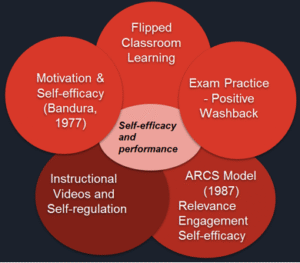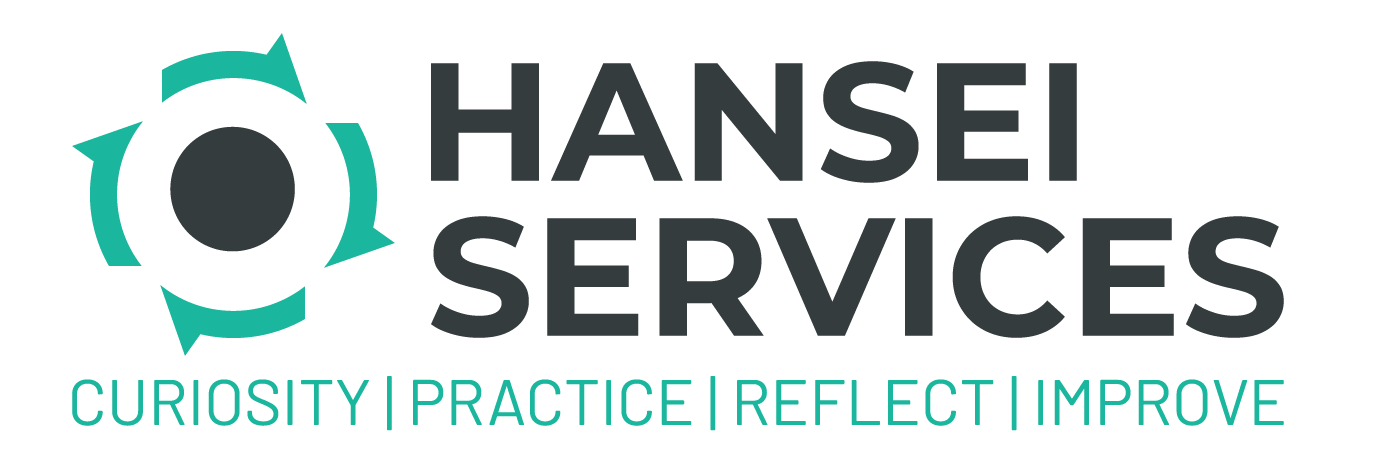We believe the key to good learning is a combination of motivation, confidence building, and we follow the self-effficacy model developed by Bandura.
We take into account the many factors impacting learning and ensure learners know and appreciate the value of the learning content, and see the big picture. Then, when there are strong reasons for learning, we make sure there is enough practice to allow for feelings of success that feeds back to greater self-belief and desire to get even better.
At the core is the sensitive need to cultivate self-efficacy. Hansei Services research showed that examination type practice that provides performance accomplishments leads to self-efficacy increases. Trainers need to be trained to help students gradually build confidence as they get feedback on and realize their progress and accomplishments over time. This study suggests that self-efficacy is critical to student progress which can ultimately lead to failure rate reduction as students develop more skills and confidence in their abilities.

Learning Systems – Align and Improve Learning & Teaching in Organisations
Our consulting service offers tailored strategic advice and planning to help organizations develop, refine, or integrate improved learning and teaching systems.
Digital Integration Using Blended and Flipped Classrooms
Hansei Services research has shown that students report a varied and interesting experience in the flipped classroom. Their learning experience is positive and novel to them. Students in the flipped classroom refer to it as ‘innovative’, ‘new’, ‘interesting’, ‘nice’, ‘useful’. Having positive experience and impressions of the flipped classroom is to be expected based on the literature (Al-Sowat, 2016; Al-Harbi, S. and Alshumaimeri, Y., 2016; Abdelshaheed, 2017; Sajid et al, 2016). This may be because the flipped classroom is such a contrast to the traditional and sometimes demotivating English teaching practices (Al-rabai, 2017; Al-Khasawneh, 2017; Assalahi, 2013). The lack of opportunities to communicate in English is one of the particularly problematic and demotivating aspects of teaching and learning in KSA classrooms (Al-Khasawneh, 2017).
Students feel that the flipped classroom helps them become self-reliant. Students use the following descriptors to express their feelings about Video homework: ‘self-reliant’, ‘increased my confidence’, ‘reliance on ourselves’, ‘dependent on myself’, ‘by your own way’. We can help your organisation implement flipped or blended learning.
The image shows a graphic representation of a range of learning and teaching influences and design factors in an effective flipped class design. Department management should consider these interrelated influences and concepts when altering curriculum and especially instruction.





